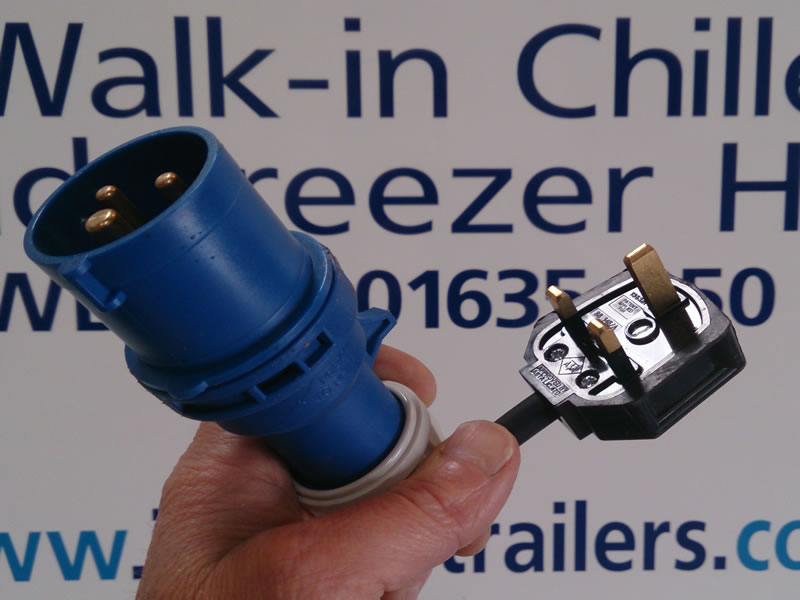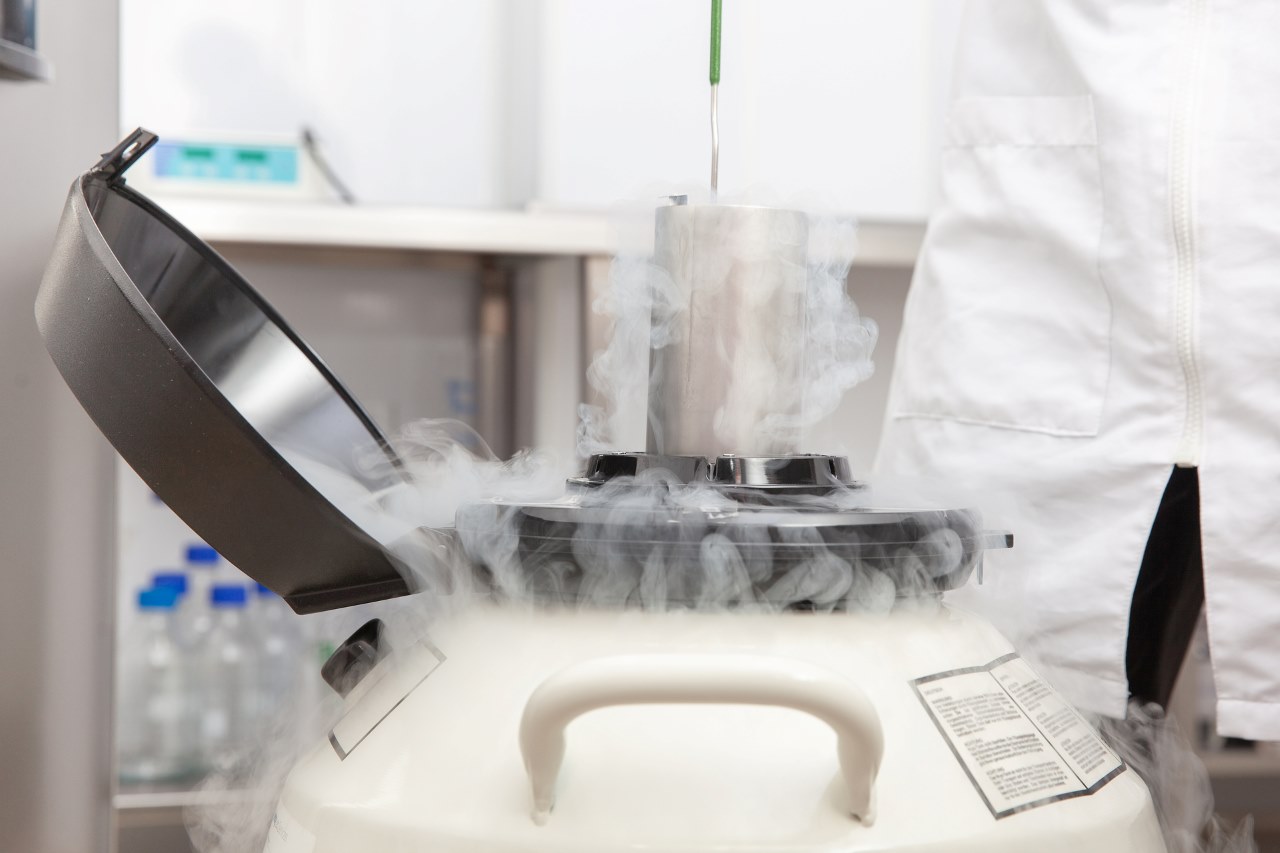Cryogenic Refrigeration: What You Need To Know

Cryogenic refrigeration is a cutting-edge cooling technology that uses extremely low temperatures to freeze, cool, or preserve various materials. Unlike conventional refrigeration methods, cryogenic systems operate at temperatures below -150°C (-238°F), entering the realm of what scientists call "cryogenic temperatures." This ultra-cold environment is achieved using liquefied gases such as nitrogen or helium, which rapidly absorb heat as they evaporate.
While cryogenic refrigeration might sound like something out of a science fiction novel, it's becoming increasingly relevant in various industries, from food processing to medical research. As we explore this fascinating technology, you might also be interested in learning about other refrigeration methods. For instance, many wonder is ammonia safe as refrigerant in more traditional cooling systems.
How is Cryogenic Refrigeration Different from Normal Refrigeration?
The primary distinction between cryogenic and normal refrigeration lies in the temperatures achieved and the methods used to reach them. Traditional refrigeration systems typically use vapour compression cycles with refrigerants like Freon to maintain temperatures around 0°C to 4°C (32°F to 39°F) for refrigerators and -18°C (0°F) for freezers. Cryogenic systems, on the other hand, utilise the rapid expansion and evaporation of liquefied gases to achieve much lower temperatures.
Another key difference is the speed of cooling. Cryogenic systems can freeze products much faster than conventional methods, which can be crucial for preserving the quality of certain materials, especially in food processing.
Benefits of Cryogenic Refrigeration
Cryogenic refrigeration offers several advantages over traditional cooling methods:
Enhanced Cooling Efficiency
The rapid cooling capabilities of cryogenic systems can significantly reduce processing times in various applications, from food freezing to manufacturing processes.
Preservation of Product Quality
The quick freeze achieved through cryogenic refrigeration can help maintain the cellular structure of foods, preserving taste, texture, and nutritional value better than slower freezing methods.
Increased Energy Savings
While the initial setup can be costly, cryogenic systems can offer long-term energy savings due to their efficiency and the absence of mechanical compressors.
Versatility in Applications
Cryogenic refrigeration can be applied to a wide range of industries, from food processing and healthcare to aerospace and scientific research.
Environmental Friendliness
Many cryogenic systems use nitrogen, which is abundant in the atmosphere and doesn't contribute to ozone depletion or global warming when released.
Pros and Cons of Cryogenic Refrigeration
Like any technology, cryogenic refrigeration has its advantages and drawbacks:
Pros
Ultra-Low Temperatures
Cryogenic systems can achieve temperatures far below what's possible with conventional refrigeration, opening up new possibilities in various fields.
High Efficiency
The rapid cooling capabilities of cryogenic systems can significantly reduce processing times and energy consumption in many applications.
Preservation of Product Quality
The quick freeze achieved through cryogenic cooling can better preserve the structure and quality of many materials, especially foods.
Versatility
Cryogenic refrigeration can be applied to a wide range of industries and applications, from food processing to superconductivity research.
Environmentally Friendly
Many cryogenic systems use inert gases like nitrogen, which don't contribute to environmental issues like ozone depletion or global warming.
Cons
High Initial Cost
The equipment and infrastructure required for cryogenic refrigeration can be expensive to set up initially.
Complexity
Cryogenic systems are more complex than traditional refrigeration, requiring specialised knowledge and training to operate and maintain.
Energy Consumption
While efficient in operation, the production of cryogenic liquids is energy-intensive.
Safety Concerns
Working with extremely low temperatures and pressurised gases carries inherent risks that require strict safety protocols.
Limited Accessibility
Cryogenic refrigeration may not be practical or accessible for all applications or locations due to the need for a steady supply of cryogenic liquids.
Applications of Cryogenic Refrigeration

Cryogenic refrigeration finds use in a variety of fields:
Food Freezing and Preservation
The rapid freezing capabilities of cryogenic systems are ideal for preserving the quality of foods like fruits, vegetables, and seafood.
Medical and Pharmaceutical Storage
Cryogenic temperatures are crucial for storing certain biological materials, vaccines, and pharmaceuticals.
Industrial Cooling and Manufacturing
Many manufacturing processes benefit from the precise temperature control offered by cryogenic cooling.
Cryotherapy and Medical Treatments
Some medical treatments use cryogenic temperatures for pain relief or to destroy abnormal tissue.
Research and Scientific Applications
Cryogenic refrigeration is essential in many areas of scientific research, including superconductivity studies and particle physics experiments.
Safety Considerations
Working with cryogenic temperatures requires strict adherence to safety protocols. Proper training, protective equipment, and well-designed facilities are essential to prevent accidents and ensure safe operation.
Final Thoughts
Cryogenic refrigeration represents a significant leap forward in cooling technology, offering unique benefits and opening up new possibilities across various industries. While it may not be suitable for all applications, its ability to achieve ultra-low temperatures quickly and efficiently makes it an invaluable tool in many fields.
As technology continues to advance, we can expect to see even more innovative applications of cryogenic refrigeration. Whether you're in the food industry, healthcare, or scientific research, understanding the potential of this technology could open up new opportunities for your work.
For those in need of more conventional cooling solutions, remember that options like a mobile walk-in freezer for hire can provide flexible and efficient refrigeration for a variety of needs. Whatever your cooling requirements, there's likely a solution that fits your specific situation.
Got questions? Call 01635 250 950 or send us a message